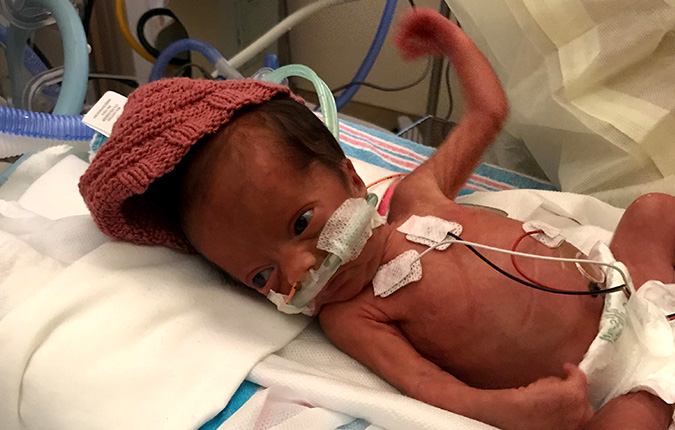Condition
Pediatric Nephrotic Syndrome
Key Points about Nephrotic Syndrome in Children
- Nephrotic syndrome is a problem where too much protein called albumin is released from the body into the urine. It means that one or both kidneys are damaged.
- The most common type is called minimal change nephrotic syndrome (MCNS). With MCNS, a child has times when symptoms get worse (relapses). But the condition can be managed over time.
- During the first episode of nephrotic syndrome, your child may need to stay in the hospital.
- Medicines may be used to treat initial symptoms and relapses.
- The diet for a child with nephrotic syndrome may include limiting salt and fluids.
- In rare cases, a child may develop kidney failure and need dialysis. Dialysis is a procedure that filters waste and extra fluid from the blood.
Frequently Asked Questions
What is nephrotic syndrome in children?
What causes nephrotic syndrome in a child?
What are the symptoms of nephrotic syndrome in a child?
How is nephrotic syndrome diagnosed in a child?
How is nephrotic syndrome treated in a child?
What are possible complications of nephrotic syndrome in a child?
How can I help my child live with nephrotic syndrome?
When should I call my child’s healthcare provider?

Kidney Treatment at Children's National Hospital
The pediatric specialists in our nationally ranked nephrology program work to manage the full range of kidney diseases in children, including dialysis and kidney transplantation. Discover more about the treatments we offer.

Providers Who Treat Nephrotic Syndrome
 Aasha's Rare Gift Will Help Other Babies Grow up Healthy
Aasha's Rare Gift Will Help Other Babies Grow up HealthyTesting the descrption field
Departments that Treat Nephrotic Syndrome

Kidney Transplantation
The Kidney Transplantation Program is the only one of its kind in the Washington, D.C., area focused on the needs of children and teens with kidney disease. Additionally, it is the region's only Medicare-approved center for kidney transplants in children and teens.








